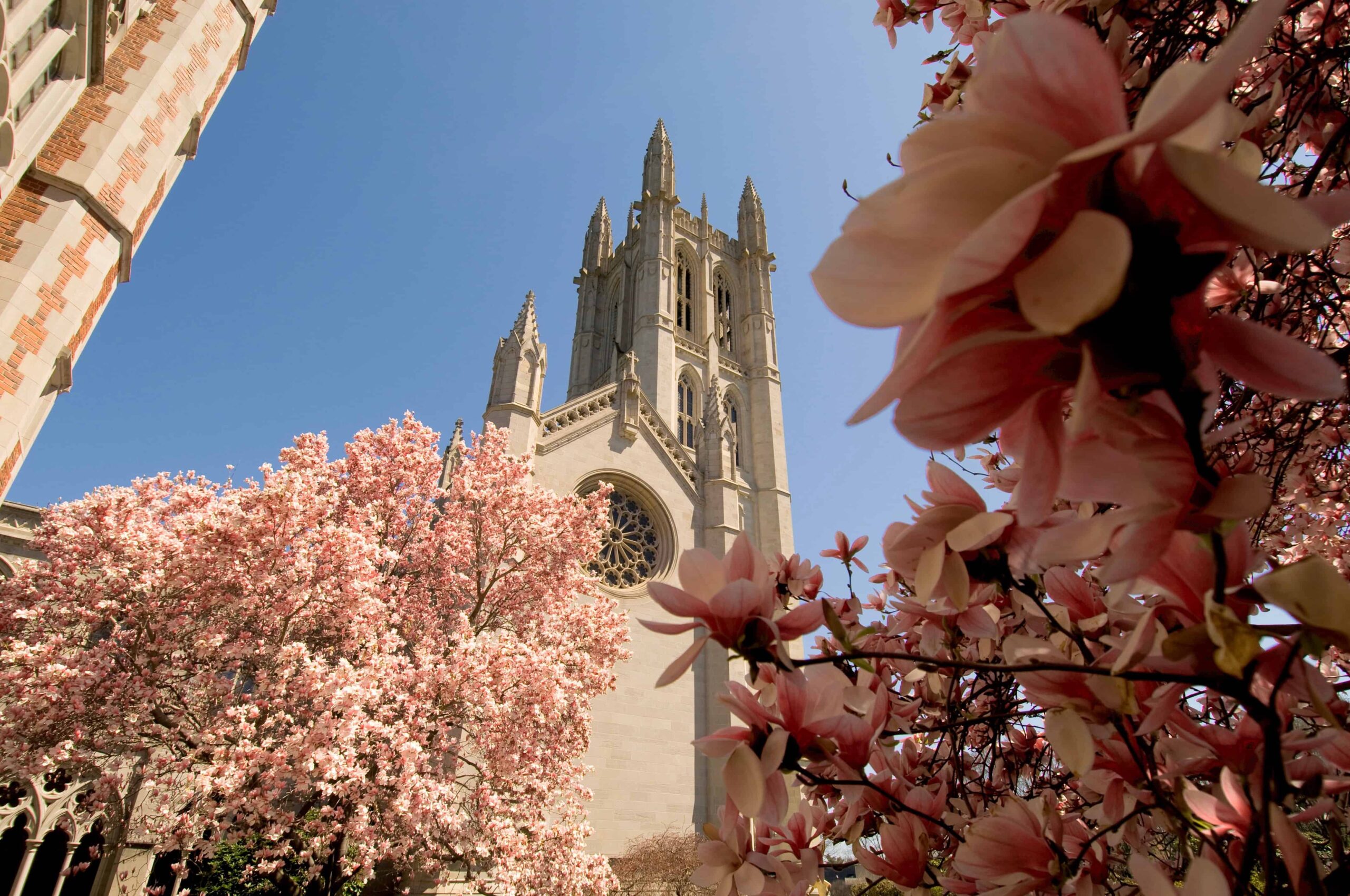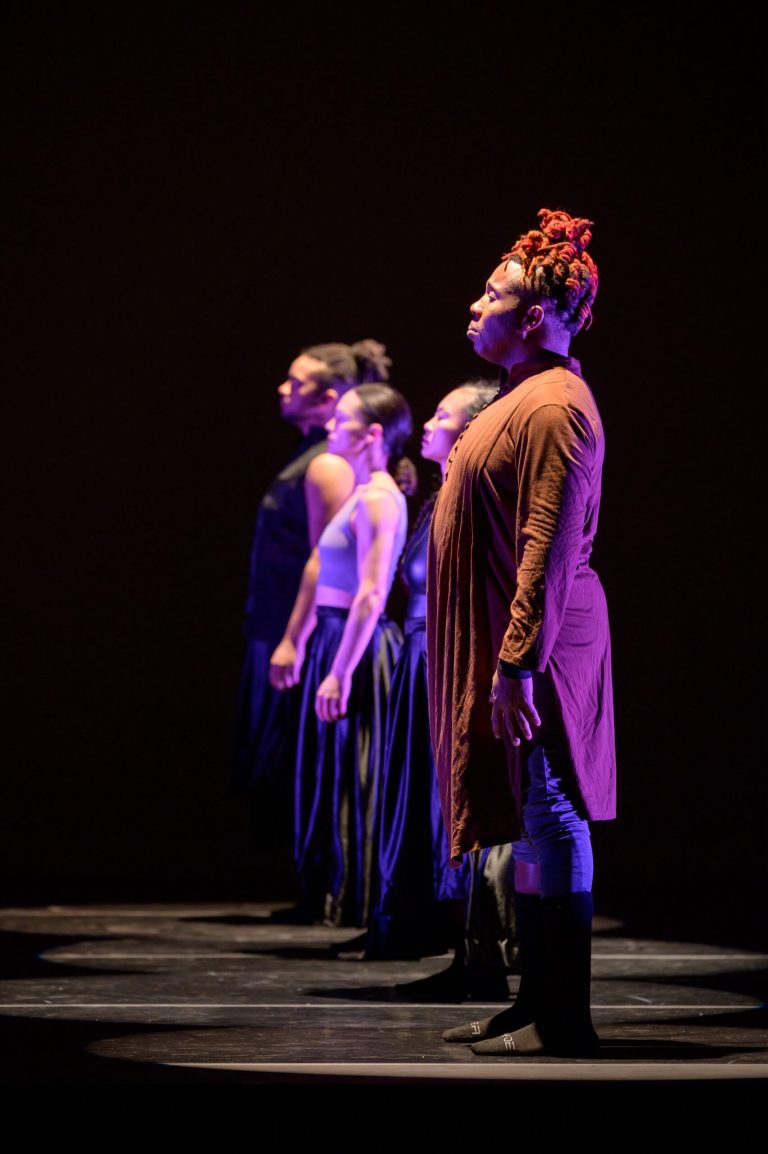Dylann Hanrahan ’25
Staff Writer
On Monday, March 27, the Muslim Student Association (MSA) held a community iftar (breaking of the fast) to welcome the beginning of Ramadan to the Trinity community after returning from spring break. It was just before sundown as students and members of the community gathered to support the event. Hanging atop the ledge of the organ podium in the Trinity Chapel was a golden balloon, a sign of Ramadan, with the half-moon crescent and star with rainbow lanterns hanging underneath. The students of MSA smiled as they stood together greeting members of the community.
Revered Halley spoke of the event’s significance as it represented the true meaning of interfaith relating to the Trinity Chapel. He reflected on God’s consciousness in both Islam and Christianity as he spoke on his research of Ramadan and its meaning. Professor Koertner, professor of Islamic Studies, was also asked to speak at the event. She began by asking what Ramadan means to Muslims. She described it as “fasting, joyous anticipation, patience, special greetings just for Ramadan (Ramadan Mubarak, Ramadan Kareem), and generosity.” Professor Koertner additionally remarked that Ramadan is a time when there is an extra effort overall; some Muslims recite extra prayers each night in addition to the five a day which are completed in an overall attempt to purify the soul. MSA Co-President Ahmed El-Tair ’23 read a du’a (invocation) for Ramadan and thanked the community for coming together for the event.
Promptly at sundown (7:10 p.m. that evening), MSA member Hamdan Almansoori recited the adhan (announcement), commonly known as the call to prayer, while the mediative Arabic sounded throughout the chapel. As the echoes of Prophet Muhammad’s revelation still rang throughout the Trinity chapel, students began towards the prayer room to the right on the floor of the chapel to pray. After prayers and with stuffed plates held with both hands, all eagerly went to the tables to break fast with friends. First, the community broke fast with one date and water. There was a long, double, eagerly filled line awaiting the catered cuisine. There were smiling eyes and many thanks given with a sense of unity and community overall.
Despite challenges with the dining meal plan on campus highlighted in the Tripod’smost recent publication, there have been some positive changes on campus to acknowledge Muslim students during Ramadan. Professor Azzedine Azzimani, professor of Language and Culture Studies, changed the Arab Publics Visual Culture class from its usual class time on Tuesday evenings at 6:30-9 p.m. to Tuesday and Thursdays 5:45-7 p.m. to accommodate those fasting. While there is still more that can be done, these are a few examples of how we can celebrate and help facilitate the best avenue of spiritual growth and celebration which is Ramadan for those observing. Ramadan Kareem!






+ There are no comments
Add yours